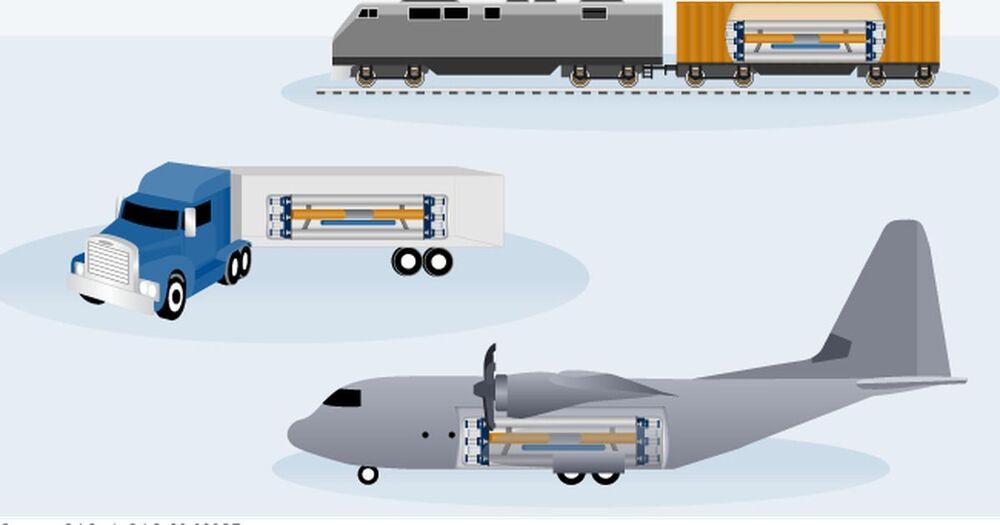WASHINGTON — As SpaceX gears up for another test flight of a Starship prototype, the Federal Aviation Administration is facing new scrutiny from Congress for how it handled SpaceX’s violation of its launch license on an earlier test flight.
SpaceX had planned to launch its SN11 Starship vehicle March 29 from its Boca Chica, Texas, test site. That flight will be similar to those of previous Starship prototypes, going to an altitude of 10 kilometers before landing on a nearby pad.
However, SpaceX called off the March 29 launch attempt because an FAA inspector could not arrive to observe the flight during a five-hour window. “FAA inspector unable to reach Starbase in time for launch today,” tweeted Elon Musk, chief executive of SpaceX, using the proposed new name for the Boca Chica site. “Postponed to no earlier than tomorrow.”





